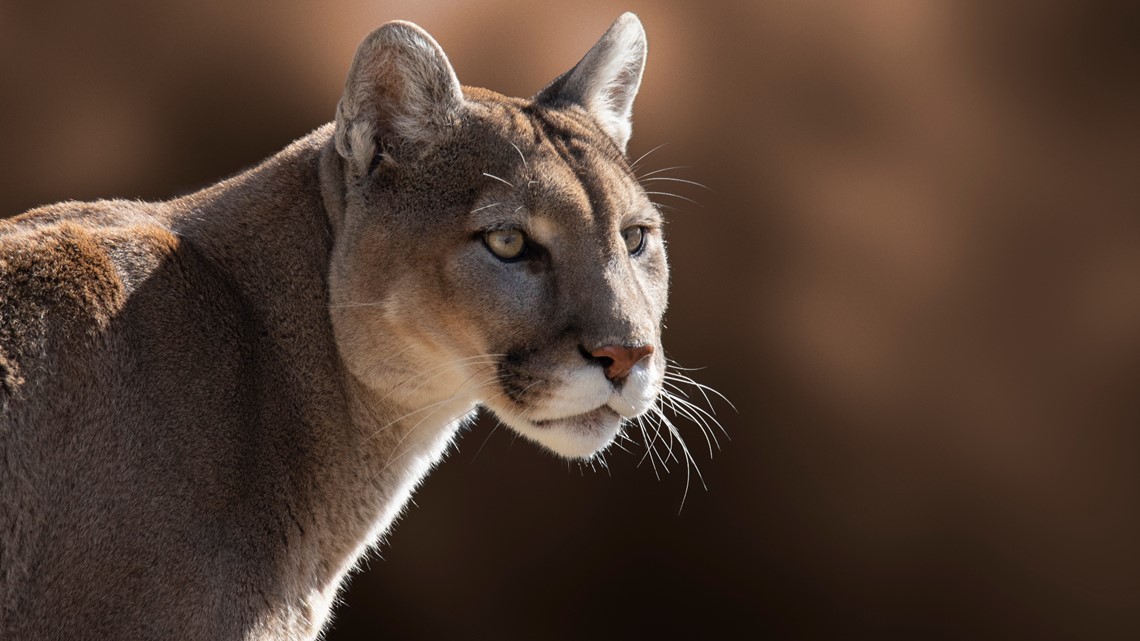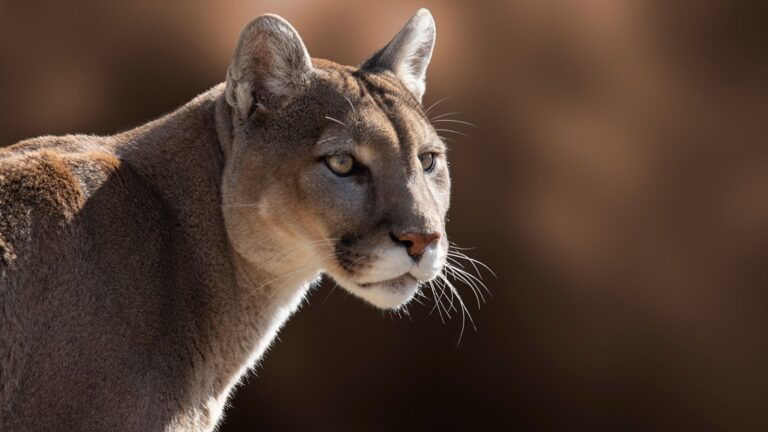
One of the mountain bikers in the group pinned down a cougar after the attack as a second cougar ran off into the forest, officials say.
SNOQUALMIE, Wash. — Five mountain bikers were attacked by a cougar near Snoqualmie on Saturday afternoon, according to the Washington Department of Fish and Wildlife (WDFW). One woman was taken to the hospital with injuries.
The attack occurred around 12:30 p.m. and King County Sheriff’s Office (KCSO) deputies responded to the incident at a Tokul Creek trail about five miles north of Snoqualmie.
The group of bikers reported being stalked and attacked by at least one cougar, according to KCSO.
A 60-year-old woman in the group was injured, either by the cougar’s claws or a bite, and was taken to Harborview Medical Center, according to KCSO. The woman is expected to survive, the agency said.
Another biker with the group pinned down one of the cougars while a second cougar fled back into the forest, according to KCSO.
One cougar was killed at the scene and WDFW is searching for a second cougar that was possibly involved in the attack. The deceased cougar was determined to be a kitten, around 6 months old, according to the WDFW statewide cougar specialist.
Fish and Wildlife officials urge people to avoid the area.
Washington’s cougar population, history of attacks
Cougars are not listed as endangered or threatened in Washington, according to the Mountain Lion Foundation.
Cougars need large home ranges and don’t like crossing roads, so even sparse roads can create big problems,” said Josh Rosenau, director of policy and advocacy for the Mountain Lion Foundation.
In Washington, cougars on the Olympic peninsula are experiencing serious losses of genetic diversity because they are isolated by I-5, but that hasn’t led to evaluation for threatened or endangered status, he said.
Rosenau said a persistent research finding in Washington is that conflict with livestock or people increases in areas with more hunting or killing.
When an older cougar is killed, it makes way for younger, less cautious cougars who are more prone to conflict to enter the habitat, he said. If a mother cougar is killed, it often leaves orphaned kittens to starve or fend for themselves.
With Saturday’s case possibly involving two cougars, Rosenau said when two cougars are seen together, it is almost always a mom and a kitten, or two young siblings with a mother either hunting or killed.
“Human activities, including hunting but also car strikes, are the single largest cause of cougar mortality, but certainly they can also die from conflict with other cougars, injuries from prey fighting back, or attacks by coyotes, bears, feral dogs, or other large carnivores,” Rosenau said.
WDFW officials say cougar attacks on humans are extremely rare. In the last 100 years, the agency has recorded two fatal cougar attacks and approximately 20 other cougar attacks in Washington.
In 2023, an 8-year-old suffered minor injuries when she was attacked by a cougar while camping at Lake Angeles in the Olympic National Park in July. A dog was injured by a cougar during an attack at Lake Cushman that same month.
WDFW offers the following advice on what to do if you are attacked, urging people to fight back, and try to stay on your feet.
- Stop, pick up small children immediately, and don’t run. Running and rapid movements may trigger an attack. Remember, at close range, a cougar’s instinct is to chase.
- Face the cougar. Talk to it firmly while slowly backing away. Always leave the animal an escape route.
- Try to appear larger than the cougar. Get above it (e.g., step up onto a rock or stump). If wearing a jacket, hold it open to further increase your apparent size. If you are in a group, stand shoulder-to-shoulder to appear intimidating.
- Do not take your eyes off the cougar or turn your back. Do not crouch down or try to hide.
- Never approach the cougar, especially if it is near a kill or with kittens, and never offer it food.
- If the cougar does not flee, be more assertive by shouting, waving your arms and throwing anything you have available (water bottle, book, backpack). The idea is to convince the cougar that you are not prey, but a potential danger.
This is a developing story. Check back for updates.
Download our free KING 5 app to stay up-to-date on news stories from across western Washington.


